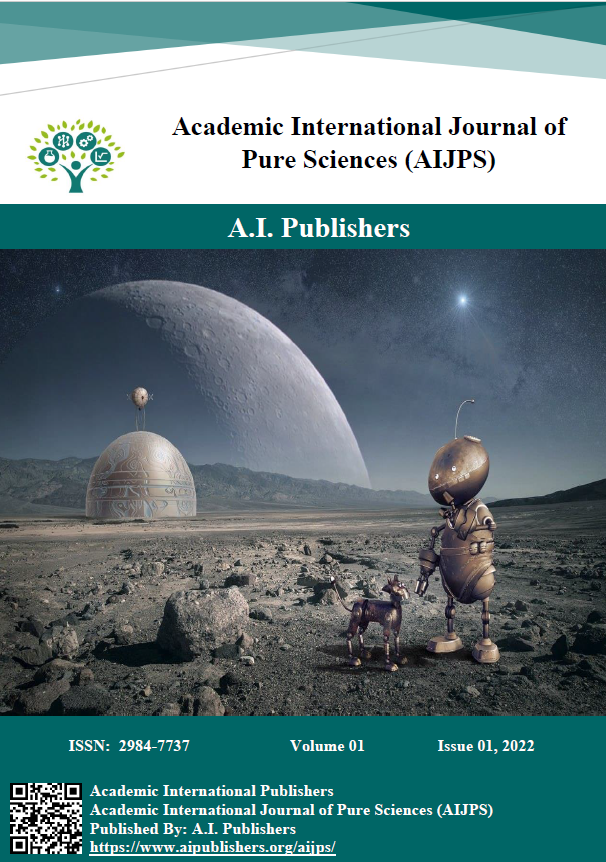New Technique for Early Detection of Foodborne Bacteria
Keywords:
Polymerase Chain Reaction, High-Resolution Melt Analysis, food safety, early detection, bacterial strains, outbreak prevention, public health, food industry, validation.Abstract
Polymerase Chain Reaction combined with High-Resolution Melt Analysis (PCR-HRMA) is a new method for the early identification of foodborne pathogens described in this research. The efficiency of PCR-HRMA in detecting hazardous bacterial strains is evaluated, as are the study's implications for the food industry and public health. Due to its excellent sensitivity and specificity, PCR-HRMA provides fast and trustworthy results while accurately detecting many foodborne bacterial strains compared to conventional techniques. Its adaptation to various sample types demonstrates its significance and versatility in quality control for the food industry. It is worth noting that the technique has the potential to minimize transmission rates and improve treatment outcomes during epidemics; nevertheless, more validation and consideration of resource-limited situations are required. In conclusion, the rapid and exact detection of foodborne bacteria by PCR-HRMA has significant implications for food safety and public health, highlighting the need for additional research to enable its successful integration and widespread deployment.





